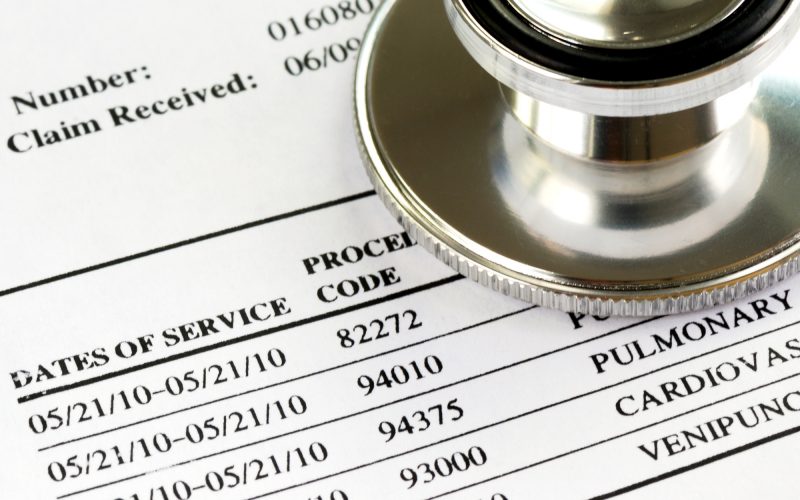Paying off medical bills can seem intimidating, especially if you’re on a limited income.
However, it’s entirely doable.
Here are 4 tips for paying off your medical bills even with a limited income:
1. Use a Credit Card For Paying Off Medical Bills
You can use a credit card to pay your medical bills.
It’s possible to pay your bills with a medical bill payment plan. There’s also medical bill consolidation where you can pay your medical bills all at once with a credit card.
Use a credit card to pay medical bills is a good idea if you want the payment to count towards your credit card rewards. If you’re capable of paying off your balance in the same credit cycle, using a credit card might be a good option for you.
However, using a credit card to pay medical bills comes with interest. You’d be taking a bill that didn’t have interest and adding to it, in some cases a significant amount.
According to one medical debt survey, one-third of respondents would take on credit card debt to pay off medical bills. Almost half said they’d depleted their savings to pay medical bills. Around 44% claimed the medical debt had a negative effect on their credit card rating.
If you don’t want to use a credit card, there are other ways you can pay off your medical bill debt:
2. Look Into a Medical Debt Payment Plan
You might not be able to pay off your medical bills all at once due to budget limits. A medical bill payment plan will help you do this. View more here.
Get on the phone and talk with the hospital billing department. Let them know you can’t pay the interest in full or afford the payment increments they want you to pay.
Usually, the billing department will reduce the payments you have to make. This makes your bill easier to afford.
3. Look Into Patient Financial Aid Programs
Many hospitals across the country (especially non-profit hospitals) have charity care and financial aid for patients facing certain circumstances.
Call your hospital and ask if they have any medical debt financial aid programs like this. It can’t hurt.
Usually, these options are only available to people with low income, struggling, or families with special needs.
However, the state might offer financial aid programs for people with medical bill debt. Contact your city/county/state government representative or various state organizations and ask about financial aid for medical bills.
If you’re lucky, this charity care or financial aid can pay off some or most of your medical bill debt.
4. Get a Medical Billing Advocate
Medical billing advocates work on your behalf. They will review your bills for errors, negotiate your medical bill debt, and provide other services.
If you don’t know your way around “the system,” a medical billing advocate can help you. Due to their expertise, these professionals also know how medical bills work and can spot errors quickly.
You’ll be surprised what a medical billing advocate can do for you. Getting one can give you the help paying hospital bills that you need.
Your Medical Bills Are Counting On You
With some out-of-the-box thinking, paying off medical bills can be easier than it seems. You’re not as trapped by your medical bill debt as you think.
Get out of that funk and start paying your medical bills!
Contact an expert to learn more about saving money and paying off debt. You won’t regret it.
